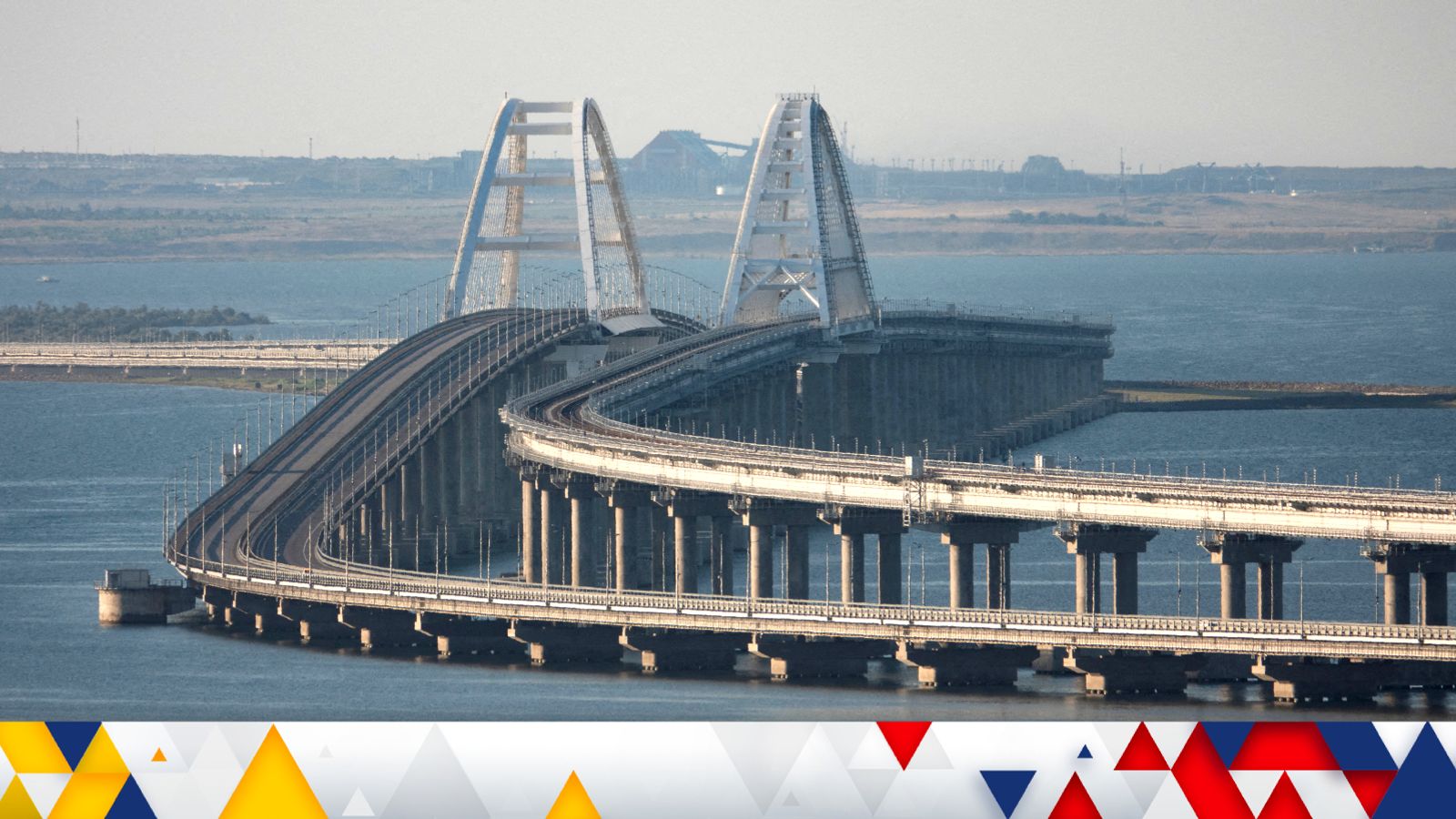Астронавты перевозят радиатор Роскосмоса на Международную космическую станцию


Космонавты Сергей Прокопьев и Дмитрий Петлин работают сегодня за пределами космической станции во время выхода в открытый космос, чтобы перенести радиатор из модуля “Рассвет” в модуль “Наука”. Предоставлено: Телевидение НАСА.
Космонавты Роскосмоса Сергей Прокопьев и Дмитрий Петлин завершили выход в открытый космос во вторник, 19 апреля, в 5:35.[{” attribute=””>EDT (2:35 a.m. PDT) after seven hours and 55 minutes. The spacewalk began yesterday at 9:40 p.m. when the duo exited the Poisk module‘s airlock.
Prokopyev and Petelin completed their major objectives, which included relocating a radiator from the Rassvet module to the Nauka science module with assistance from European robotic arm operator cosmonaut Andrey Fedyaev.
This was the fourth spacewalk in Prokopyev’s career, and the second for Petelin. It is the third spacewalk at the station in 2023 and the 260th spacewalk for space station assembly, maintenance, and upgrades.
The two Roscosmos cosmonauts will also conduct a spacewalk on Tuesday, April 25, to relocate an experiment airlock from Rassvet to Nauka.
An additional spacewalk is planned on Thursday, May 4, to deploy the radiator on Nauka and connect mechanical, electrical, and hydraulic lines.

This long-duration photograph shows the Earth 259 miles below a soaring International Space Station. In the foreground, is the Soyuz MS-21 crew ship docked to the Prichal docking module which is itself attached to the Nauka multipurpose laboratory module. Credit: NASA
Nauka, which is the Russian word for “science,” is the name of a Russian module that was launched to the ISS on July 21, 2021.
The Nauka module, also known as the Multipurpose Laboratory Module (MLM), is a large, pressurized module that provides additional living space, scientific facilities, and storage capacity for the ISS. It has a length of 13 meters and a diameter of 4.3 meters, and weighs around 20 metric tons.
The Nauka module is equipped with a variety of scientific instruments and equipment, including a European robotic arm, a set of cameras, and an airlock for conducting experiments and deploying satellites. It also has a docking port for Russian spacecraft, as well as additional berthing ports for attaching other modules or cargo ships.
The launch of the Nauka module was originally scheduled for 2007, but it was repeatedly delayed due to technical issues and funding constraints. Its arrival at the ISS was a significant milestone for the Russian space program, as it marked the first major addition to the Russian segment of the ISS in over a decade.

«Любитель алкоголя. Дружелюбный вебоголик. Пожизненный телеведущий. Гордый интроверт».



/cloudfront-us-east-2.images.arcpublishing.com/reuters/SXM3S2GP7BMAVIOOIYLTFZUBYU.jpg)





